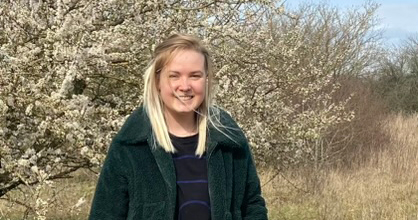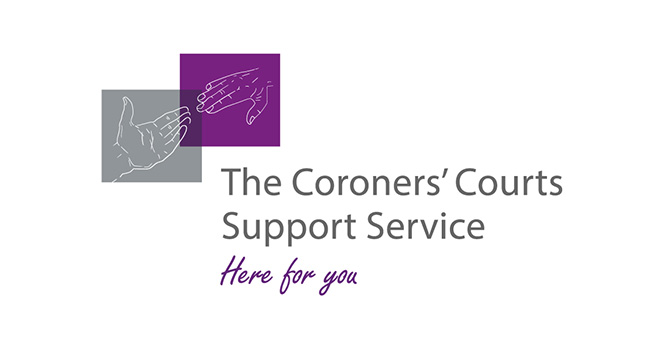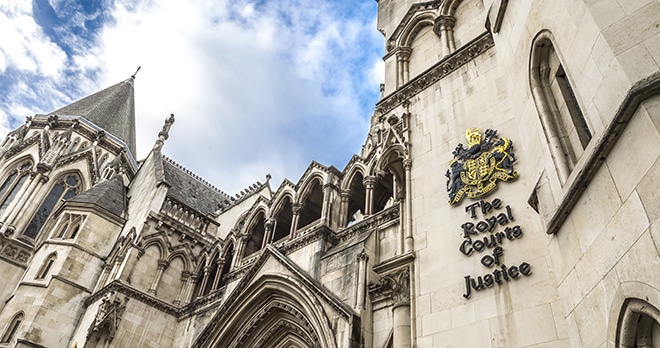Interested Persons at inquests: who are they and what are their rights?

Strictly speaking, the purpose of an inquest is to establish the answers to 4 questions: who the deceased was and where, when and how they died.
Here we consider who has a right to be actively involved in the inquest, known as ‘Interested Persons’, and what this means.
Who normally attends an inquest?
An inquest is a public hearing so anyone can attend. However usually the attendees are limited to key participants (known as Interested Persons), and witnesses being called to give evidence about the events.
It is also possible for the press to attend if they consider the details of the case warrant publication.
What is an Interested Person?
An Interested Person is someone who has the right to actively participate in the inquest proceedings, whether by virtue of relationship to the deceased, involvement in the circumstances of the death or at the discretion of the coroner.
An ‘Interested Person’ is defined in section 47(2) of the Coroners and Justice Act (CJA) 2009. This includes a long list of people who may be deemed an Interested Person in an inquest, including the deceased’s spouse or family members.
What is Section 47 of the Coroner’s and Justice Act?
S.47 of the Coroner’s and Justice Act 2009 sets out the legal definition of what an Interested Person is and who it may apply to.
Generally, there is unlikely to be any issue in the immediate family securing direct involvement in the inquest hearing. Problems can arise in certain situations, for example where a family is divided and there is acrimony; where the deceased has no known family; or where the family are obstructive to an inquest taking place but thankfully this is relatively rare.
Other Interested Persons listed under the Act include:
- personal representative of the deceased’s Estate (i.e. the Executor of their Will);
- a beneficiary under a policy of insurance issued on the life of the deceased;
- a person who may have caused or contributed to the death of the deceased;
- any other person who the coroner thinks has a sufficient interest.
Occasionally, an organisation with no direct involvement may be permitted to ‘intervene’ in an inquest if the coroner deems it to be appropriate, for example, the Care Quality Commission may be present at the inquest of a death in a care home or the Health & Safety Executive may be involved in an industrial accident inquest.
The rights of Interested Persons at an inquest
Interested Persons have important rights during an inquest including:
- to be notified by the coroner about key aspects of post mortem or toxicology analysis;
- to be notified of the dates of post mortem and the release of the body;
- to be notified about the inquest hearing within one week of the date being set;
- to receive disclosure of documentation held by the coroner and which the coroner considers is relevant to the inquest (subject to certain exceptions);
- to make submissions to the coroner about key case decisions during the inquest;
- to question witnesses at the inquest hearing.
These are significant rights conferred on Interested Persons during an inquest with a view to them being able to participate fully in the process and to assist the coroner’s inquiry.
How do you prepare for an inquest?
It can take many months, or sometimes even years, before the coroner is ready to hold the final inquest hearing. The intervening period is used to gather in relevant evidence for the hearing, such as witness statements, records and expert reports.
The Coroner will often hold a pre-inquest review hearing to hear from the Interested Parties about their views on key decisions to be made in preparation for the final inquest hearing.
An Interested Person may choose to represent themselves at an inquest. However, we always recommend obtaining specialist legal advice at the outset and seeking representation for the hearing if possible.
The inquest process involves technical legal and medical terminology and can be challenging to navigate without specialist experience in this area. It can be very difficult to put questions to witnesses in an inquest, particularly for family members while they are grieving for the loss of their loved one. This can be heightened if other Interested Persons, particularly those who are thought to have caused or contributed to the death, have legal representation at the inquest.
Without representation there can be an ‘inequality of arms’ with the grieving family members being put at a disadvantage. My colleagues and I regularly represent families as Interested Persons at inquests, such as where the death occurred in a hospital or a prison, and can advise on the possible methods of funding available for representation.
Get in touch with our enquiries team to see if our expert inquest solicitors can help you.
Call now

Find out more about the inquest process
Read our in-depth guide to inquests for more information about the process and terminology.
Our specialist inquests team has written a comprehensive guide to inquests, including information on pre-inquest reviews, the inquest process itself, and the terminology used in the process too.









